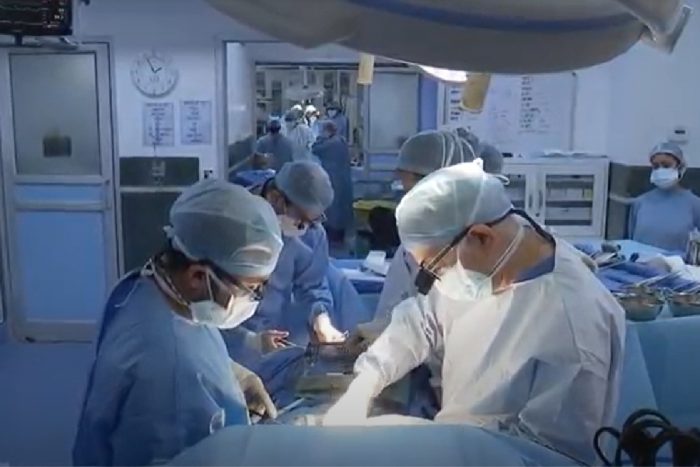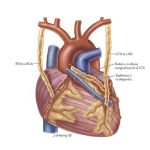When Is Mitral Valve Repair Surgery Done?
Are you experiencing mitral valve disease? Then mitral valve repair surgery can save lives of the diseased individual.What is mitral valve repair? Mitral valve repair is a medical invasive solution for patients suffering from mitral valve disease. It involves open heart surgery to fix the mitral valve issues and help patients lead healthy, long life. It can help treat mitral valve regurgitation (leaking valve), mitral valve stenosis (narrowing of mitral valve opening), and mitral valve prolapses (too stretchy or floppy mitral valve flaps).Read on to know more on Mitral Valve Repair in India with Dr. Sujay Shad, cardiac surgeon in Delhi in this latest blog.Why is it done?Mitral valve repair surgery addresses problems with the mitral valve to avoid or reduce the risk of serious complications in the future.The mitral valve is one of the heart valves that separate the two left chambers of the heart-left atrium and left ventricle, which carry oxygen-rich blood. The left atrium receives oxygenated blood from the lungs. This blood flows through the mitral valve to the left ventricle. The left ventricle then pumps blood through the aorta to different parts of the body.If the mitral valve is diseased, the mitral valve is not functioning right. Untreated mitral valve disease causes damage to the heart and lungs. Such damages can be avoided by repairing the defect of the mitral valve through mitral valve repair surgery.Signs That One Needs to Undergo Mitral Valve Repair SurgeryMitral valve repair is possible with some medications, minimally invasive procedures, or percutaneous intervention. It can help treat mild forms of mitral valve disease. Mitral valve repair surgery is performed only for severe cases of mitral valve disease to manage the condition before it worsens or damages the heart.One may need mitral valve repair surgery in the following cases:Severe mitral valve regurgitation- It is a leaky valve condition caused by the non-closure of mitral valve flaps. As the mitral valve is not fully shut, some blood leaks in the opposite direction. This causes symptoms like shortness of breath, heart palpitations, fatigue, and swelling of hands and feet.Left-sided heart failure- This is caused by not enough pumping of blood from the left ventricle to the rest of the body through the aorta. Its symptoms include trouble concentrating, shortness of breath causing awakening at night, shortness of breath while lying flat or doing exercises, nausea, lack of appetite, rapid or irregular heartbeat, sudden weight gain, chronic coughing or wheezing, and fluid retention leading to swollen legs, ankles, and/or feet.Enlarged heart- Its symptoms include breathing issues or shortness of breath, dizziness, arrhythmia (irregular heartbeat), heart palpitations, and fluid retention.Severe mitral valve stenosis- It is a condition wherein the mitral opening becomes narrow which causes limited blood flow through it. This causes symptoms including irregular heart rhythms, fatigue (especially during extensive physical activities), shortness of breath usually while performing any intensive task or while lying down, coughing up blood, fluid accumulation in the legs, heart murmur, fainting or dizziness, chest pain or discomfort, and sensation of a fluttering or propounding heartbeat.Meet Dr Sujay Shad, Heart Surgery Doctor in Delhi at Sir Ganga Ram Hospital to learn more about Mitral Valve Repair. Schedule a consultation now!

















